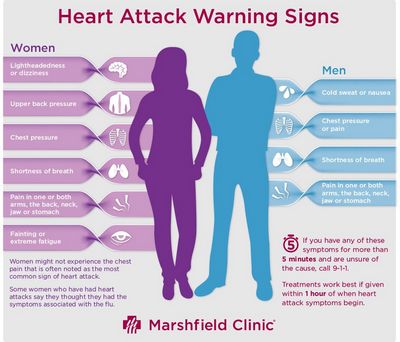Symptoms of splenomegaly include abdominal bloating, fever, jaundice, and vomiting.

The spleen may also become enlarged and this is a cause of many problems. If you have symptoms of splenomegaly, it is very important to get a doctor to check it out.
Splenomegasia is caused when there is an inflammation of the spleen that results from a cancer. These cancers can come from any type of cancer, or they can come from other parts of your body. Most cancers of the lymph system, such as leukemia and Hodgkin’s disease, can result in splenomegasia. Infections and diseases of the circulatory system are the next two causes. Liver disease is the third cause. Cancer of the intestinal tract and pancreas can also cause splenomegasia.
Some cancers of the spleen, like leukemias and Hodgkin’s, occur in people who have not yet been diagnosed with cancer. In some cases, these cancers may grow and cause the symptoms of splenomegasia.

However, the symptoms should not interfere with any type of treatment. Some cancers, such as leukemia, can spread to other parts of your body, especially to the liver. This spreads the cancer and the symptoms of splenomegasia.
In many cases of cancer of the spleen, there is no splenomegaly at all, but spleen pain and vomiting can occur. Some cancers of the spleen are very rare. They are called malignant and cannot be treated. Sometimes, these cancer tumors can grow into the spleen and cause the symptoms of splenomegasia. If the cancer is very rare, doctors do not often look for signs of splenomegasia and treat cancer of the spleen.
Symptoms of splenomegalia include nausea and vomiting. This is caused by the fact that the stomach acids may irritate the stomach lining. If the spleen is inflamed, there may be abdominal bloating.

This is a common symptom of gastroscopy and the spleen may even enlarge.
Because splenomegalia often leads to spleen pain and vomiting, it is very important to seek treatment right away. If the stomach is inflamed, you should get a doctor to check it out right away.
A doctor may recommend some tests to rule out some of these symptoms as being caused by cancer. The most common tests that are used to diagnose splenomegalia include X-rays, ultrasound and CT scan. Some doctors may perform a colonoscopy or endoscopy to see if they have a cancer in the intestines.
Many times, you may get more than one symptom of splenomegalia, so you should talk to your doctor. Be sure to ask questions about any symptoms you have and get the answers. Do not ignore any symptoms or assume that they are caused by something else.
Symptoms of splenomegaly can include diarrhea. You will find that if you eat large meals frequently, you will need to drink more water. Eating small meals is also a good way to avoid getting splenic pain.

If you have vomiting, it is important to avoid caffeine because it can cause constipation. Caffeine can cause bloating in the stomach.
Many times, stomach acid will build up and cause the stomach to feel pain. If you drink lots of coffee, try to limit its consumption.
Symptoms of splenomegalia are also linked to high cholesterol and poor cholesterol levels. These conditions can cause the stomach to become inflamed and painful. The symptoms of splenomegaly usually clear up once the stomach is relaxed. However, it is important to get checked out if you suffer from symptoms for a long time.
Because the symptoms of splenomegaly can be caused by several different things, it is important to remember that they can be caused by different things. If you are worried, you should go to your doctor and discuss your concerns. You should also ask your doctor about whether a test called endoscopy may be helpful in finding the cause. Of course, you should also see your family doctor if you think that you might be suffering from this condition.